Since April, they have been traveling along the coastal areas of Europe, from the Baltic to the Nordic countries, passing through the United Kingdom, Ireland, northern France and Spain. Last week, the TREC expedition team – “Traversing European Coastlines” was in the Algarve collecting sediments and water samples that will help it create a map of Europe's coastal ecosystems.
The group of international researchers and their vehicles – two vans, one pickup and a vessel – they parked at the University of Algarve, next to the building where the Algarve Marine Science Center (CCMAR) operates, the place that served as their base on this penultimate journey of collecting material, before a break of a few months.
This scientific project, unprecedented at European level, is led by the European Molecular Biology Laboratory (EMBL) and aims to produce knowledge that will be open to all who want to use it for the most varied types of scientific projects, in different areas. .
The Algarve is the second place the expedition visits in Portugal, after a visit to Porto. The choice of the Algarve region was related, according to Kiley Seitz, North American soil microbiologist and researcher at EMBL, to the fact that it is possible to collect data in an area of confluence between the Atlantic Coast (West) and the South Coast, almost Mediterranean.
«This is where we are leaving the Atlantic and starting to head towards the Mediterranean. We are trying to cover many different gradients and, as we have this transition in this location, we will be able to get a good view of the impact of water and land, how it is moved in and out of the ocean», says the researcher.
In the Algarve, samples were collected in three locations, namely in Sagres, in the area of Faro and at the mouth of the Guadiana, in Vila Real de Santo António.
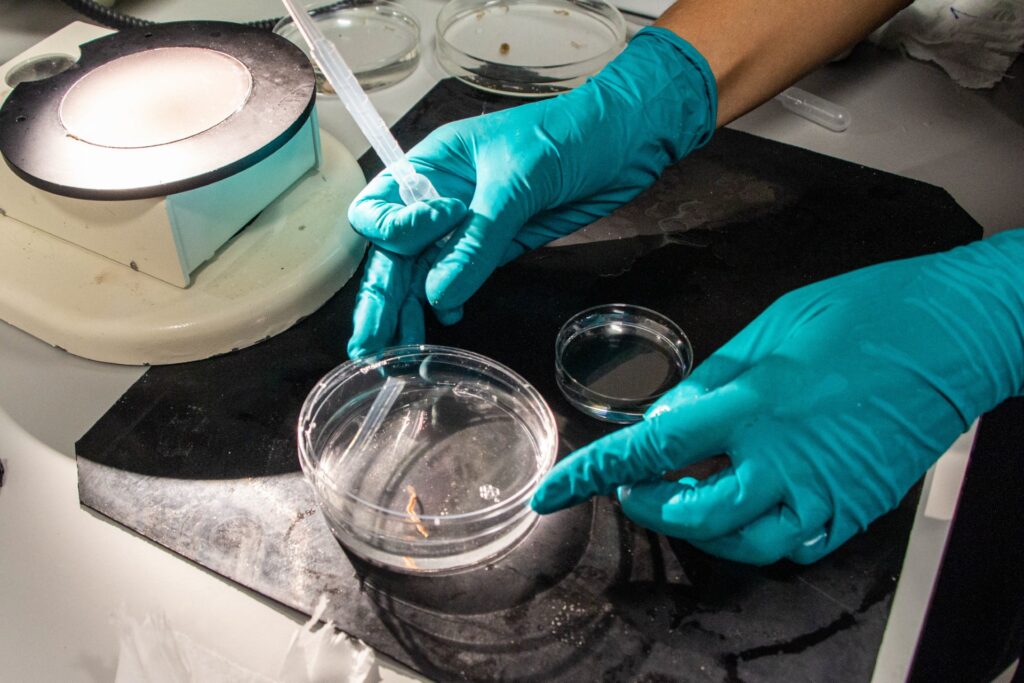
The material obtained and subject to a first intervention by the TREC team will serve to understand the impact of human activity on coastal ecosystems and their evolution. In this specific project, the big news is that it will give a global view of the European continent, since the expedition will cover everything from the Baltic to the Mediterranean Sea, passing through the North Sea and the Atlantic Ocean.
“There has never been a project like this,” said Kiley Seitz, who hopes the project “will be a starting point for this type of large-scale data collection,”
The material collected includes samples of soil, sediments, shallow waters and organisms. Information is also sought on the presence of pollutants, salinity, oxygen levels and their impact on biodiversity.
Collection is carried out on land and at sea by a multidisciplinary team and the materials are prepared for transport and storage in TREC's mobile laboratory, which has an oven to dry the samples, cold storage capacity and a range of cutting-edge equipment.
After this first intervention, the samples are sent to the EBML headquarters in Heidelberg, Germany.
“All of our data will be made public and we hope to be able to start asking much bigger questions and working with very different people to define where to go from here,” said the scientist.
In the end, EBML hopes to be able to develop methodologies “for bioremediation”, that is, to use organisms to combat pollution and mitigate human impact in coastal areas and oceans.
The TREC expedition is led by the European Molecular Biology Laboratory (EMBL), together with the Tara Ocean Foundation, the Tara OceanS Consortium and the European Marine Biological Resources Center (EMBRC).
In total, the initiative brings together more than 150 research teams from more than 70 institutions in 29 European countries.
Photos: Hugo Rodrigues | Sul Informação
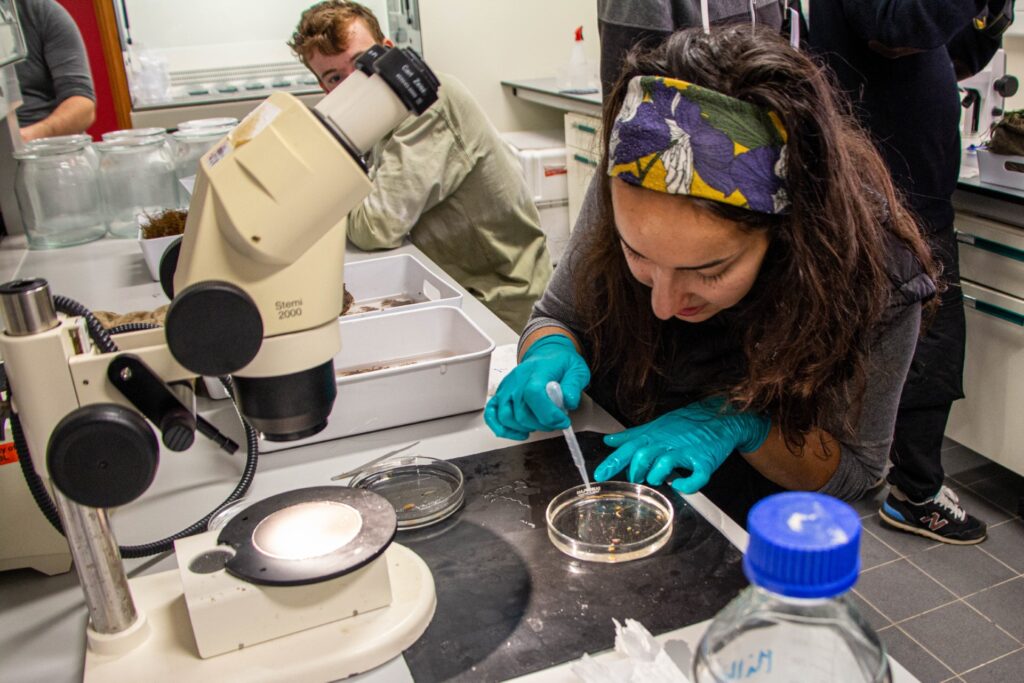
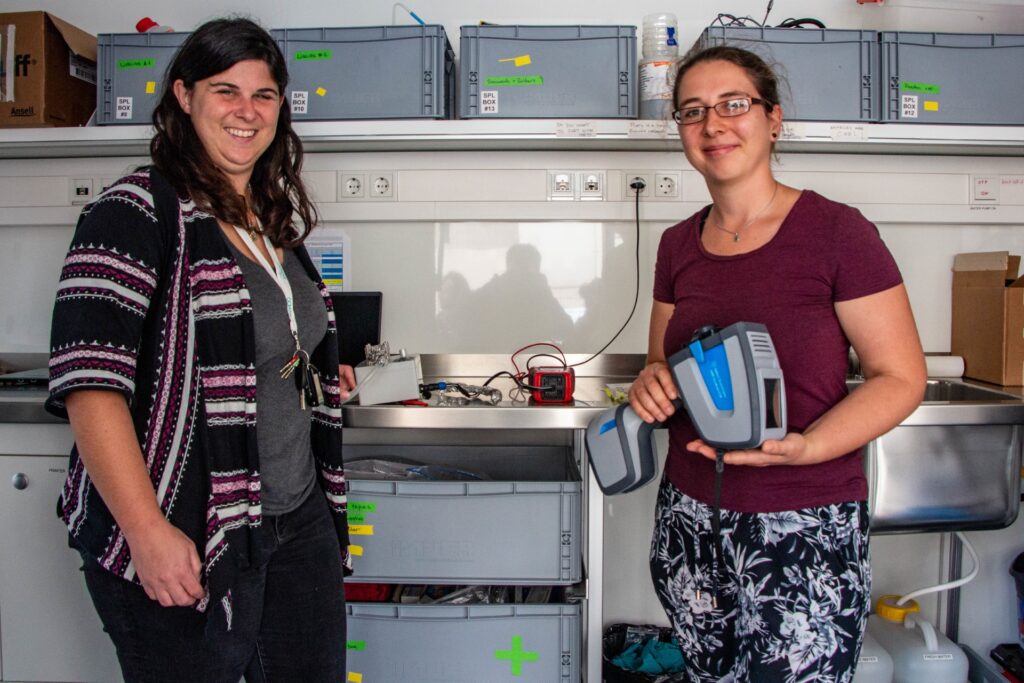
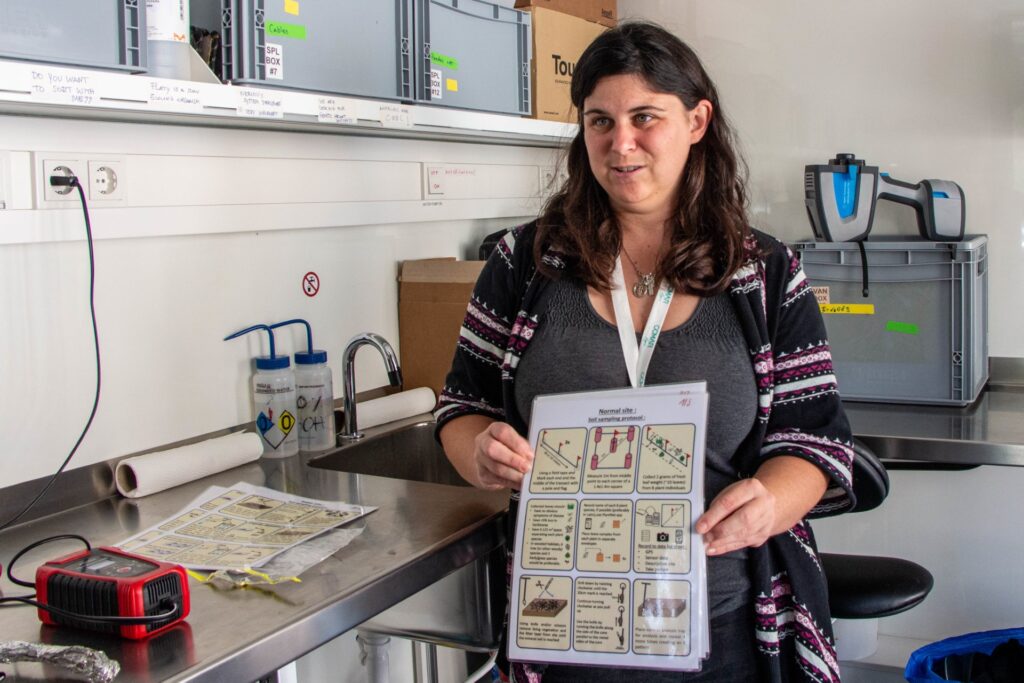
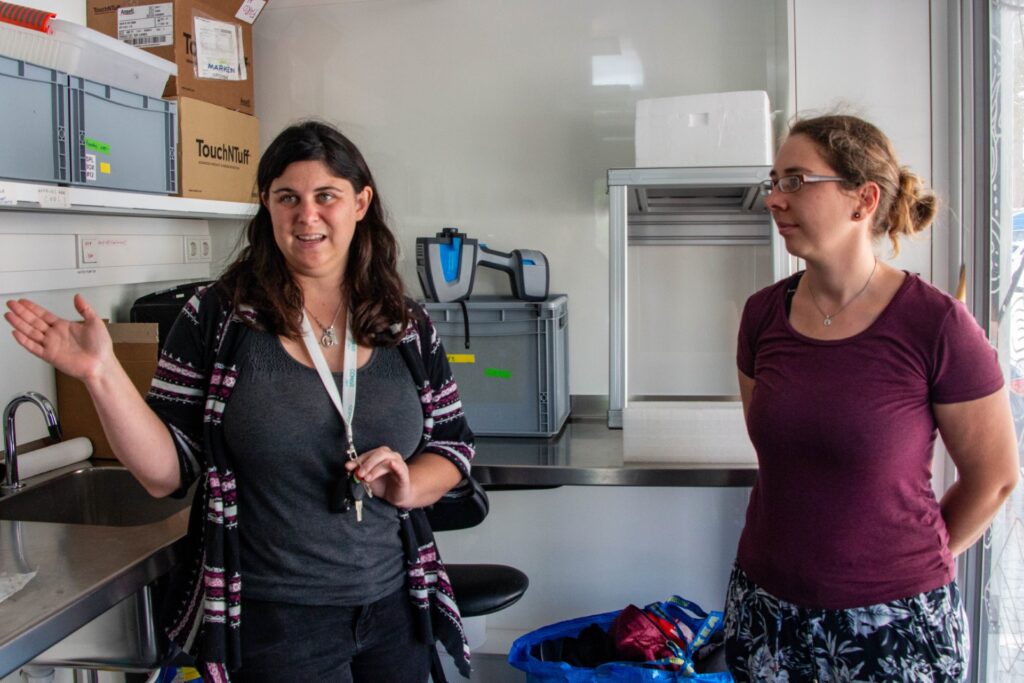
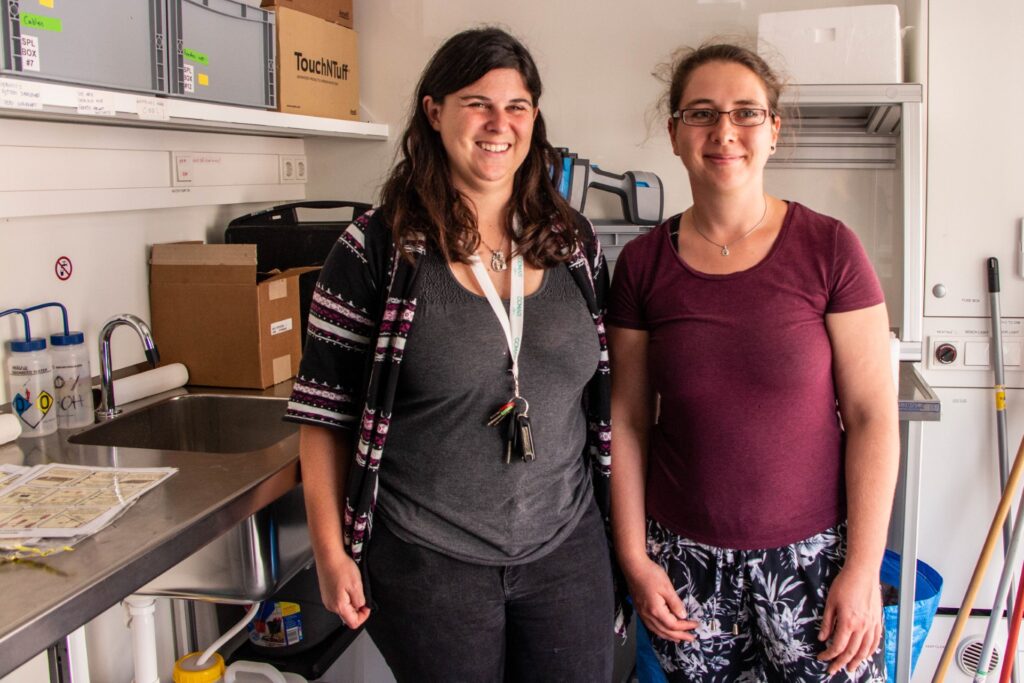
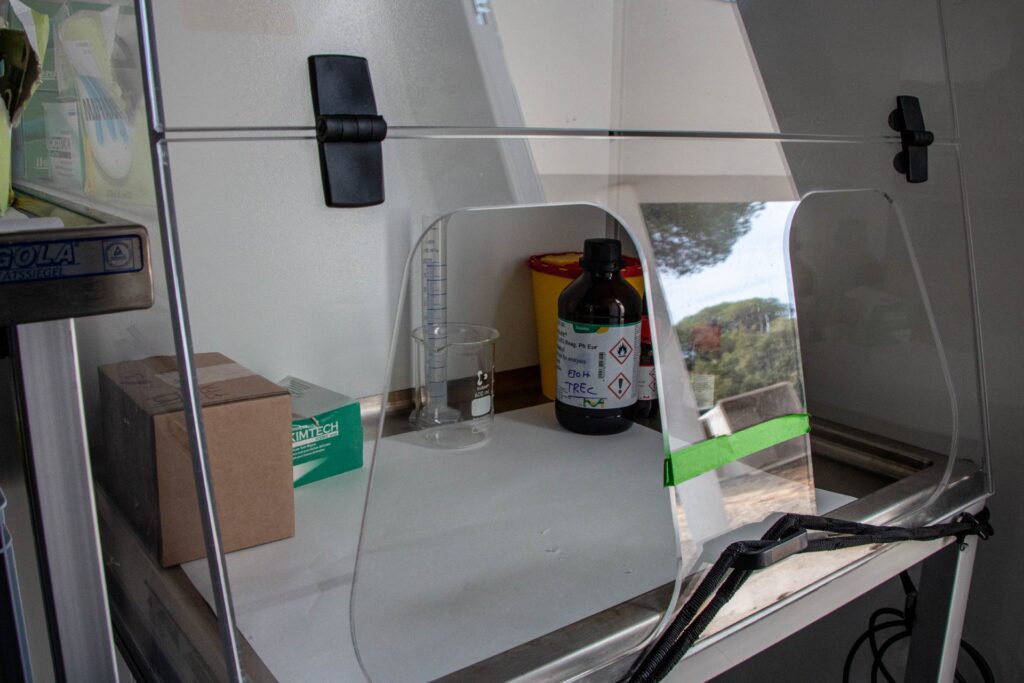
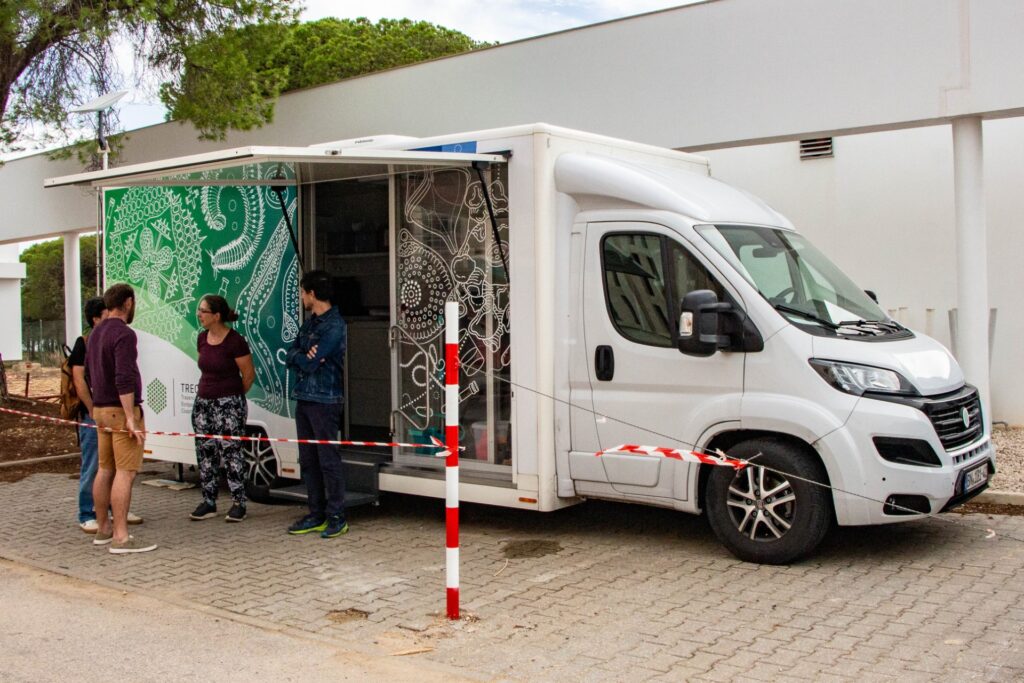
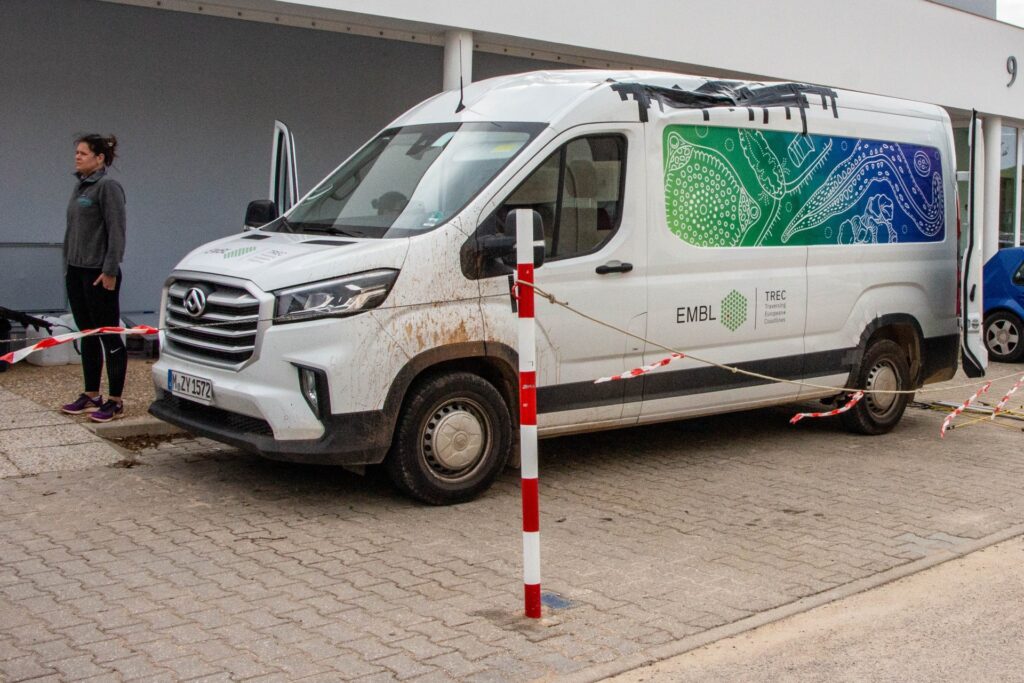
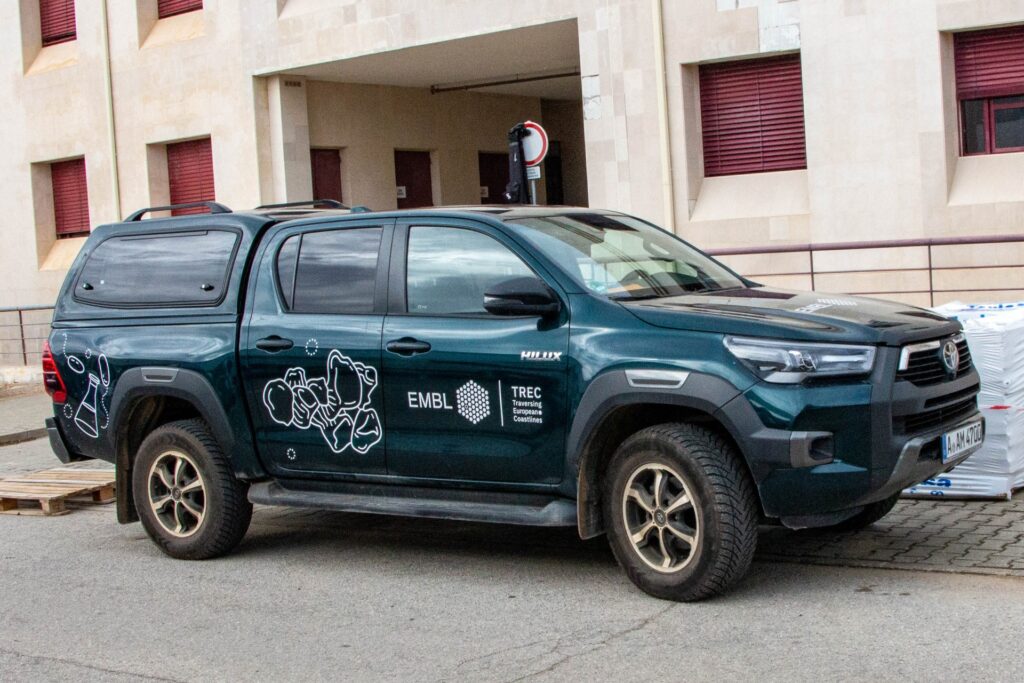
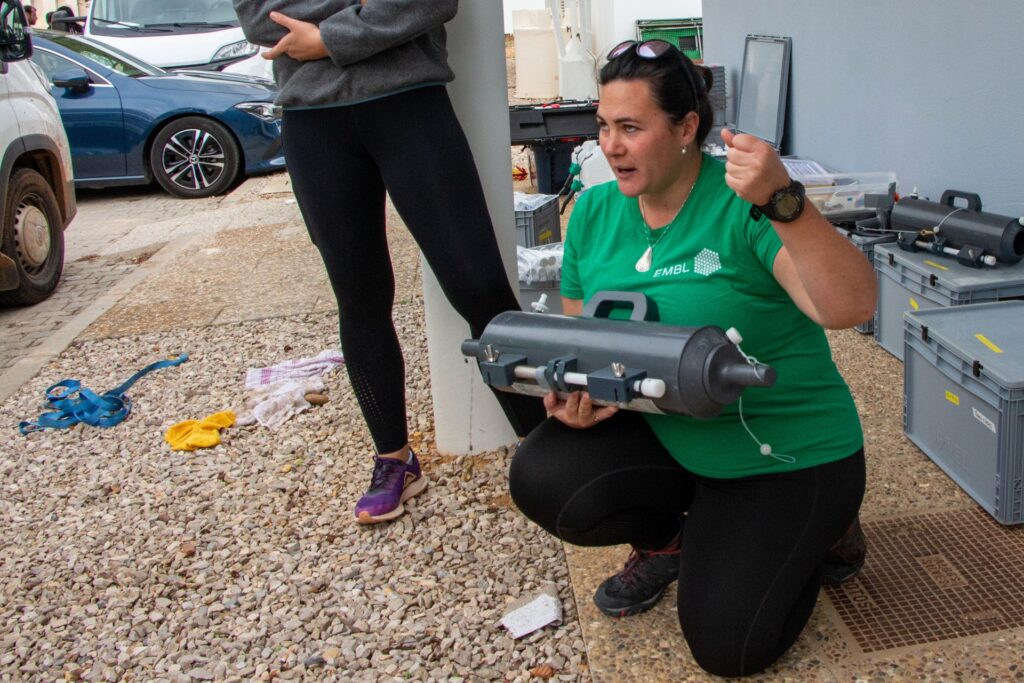
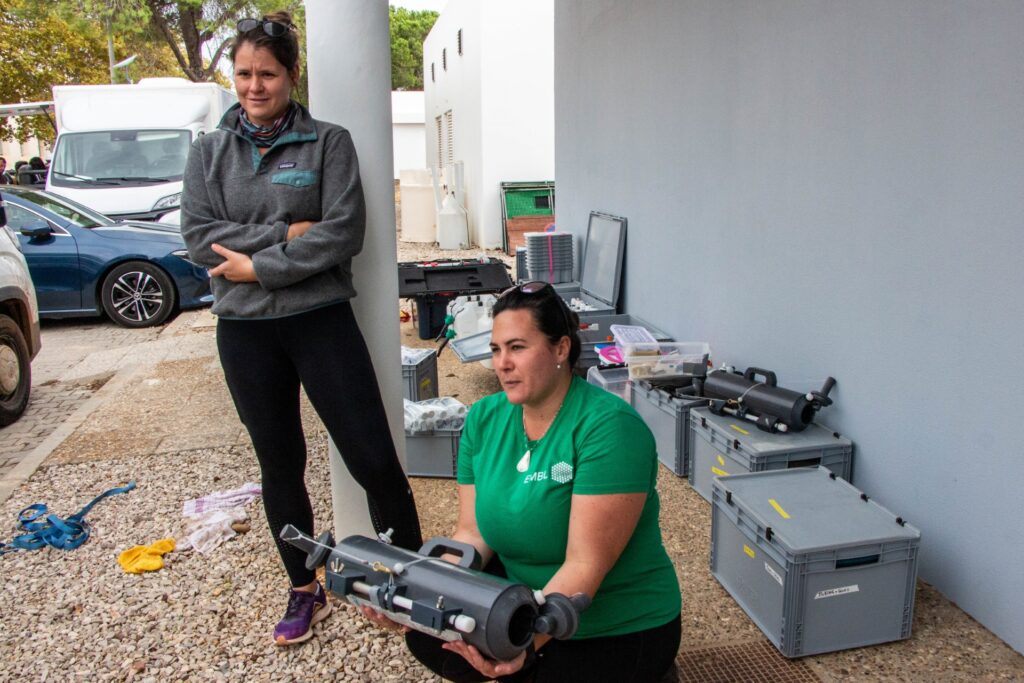
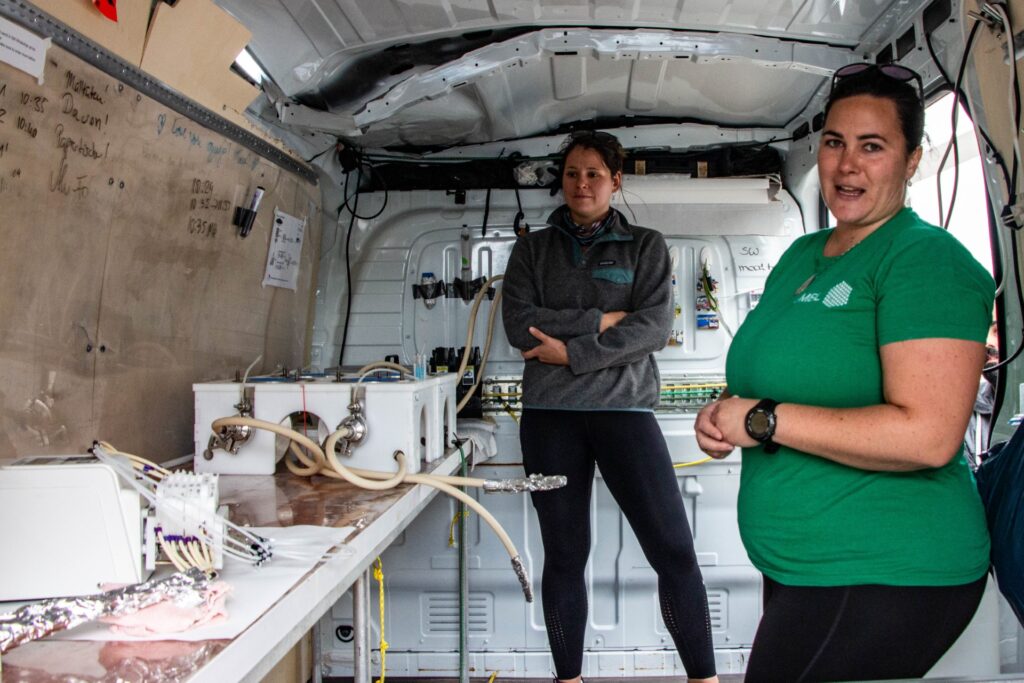
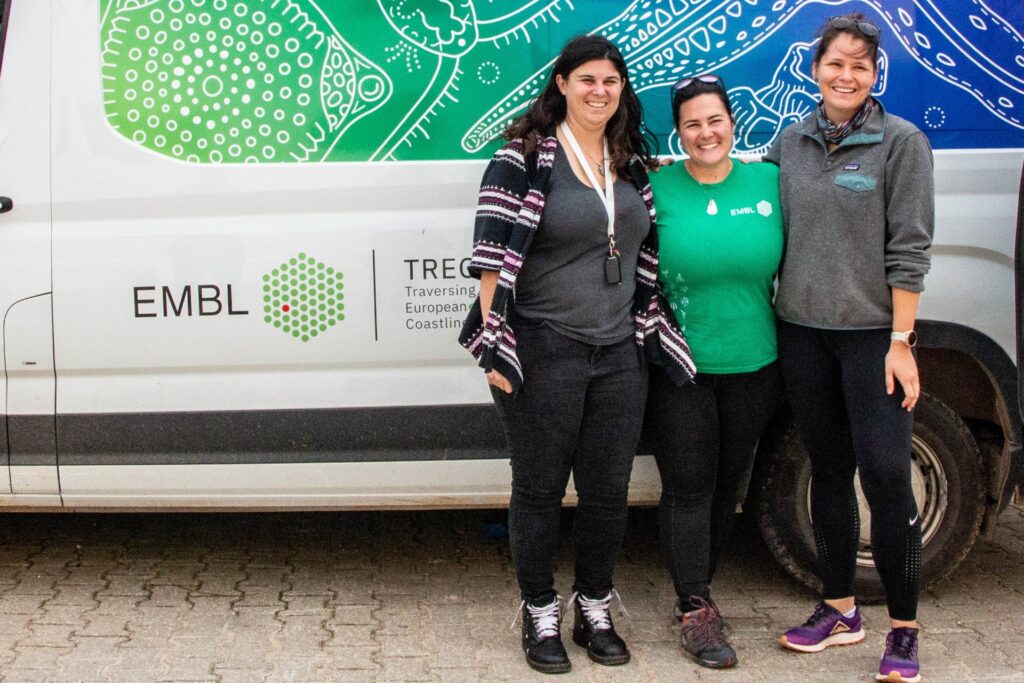
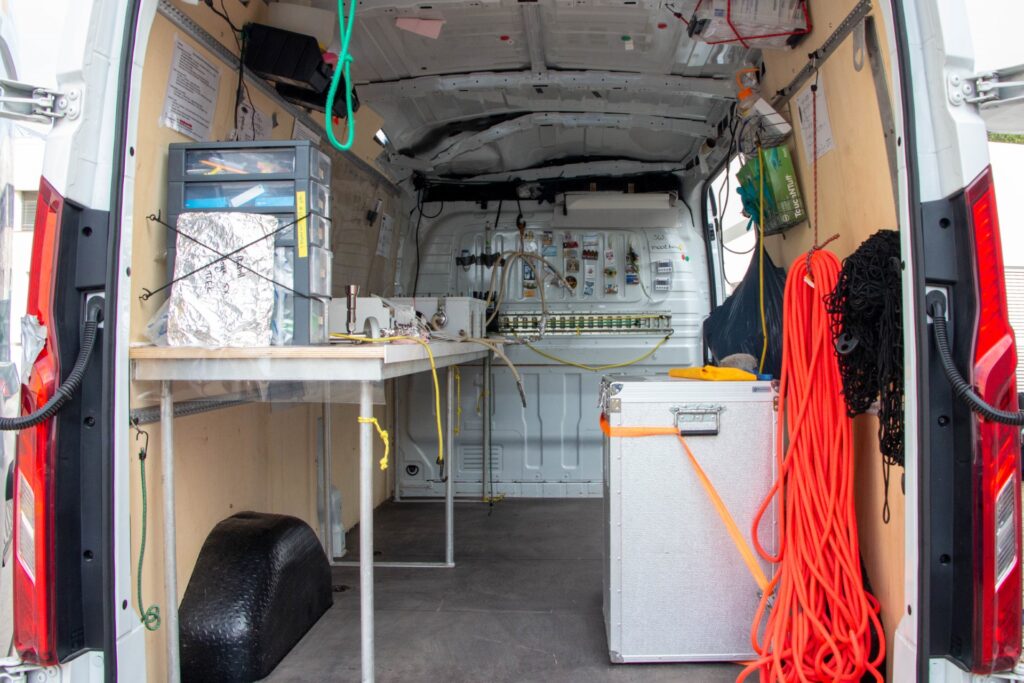
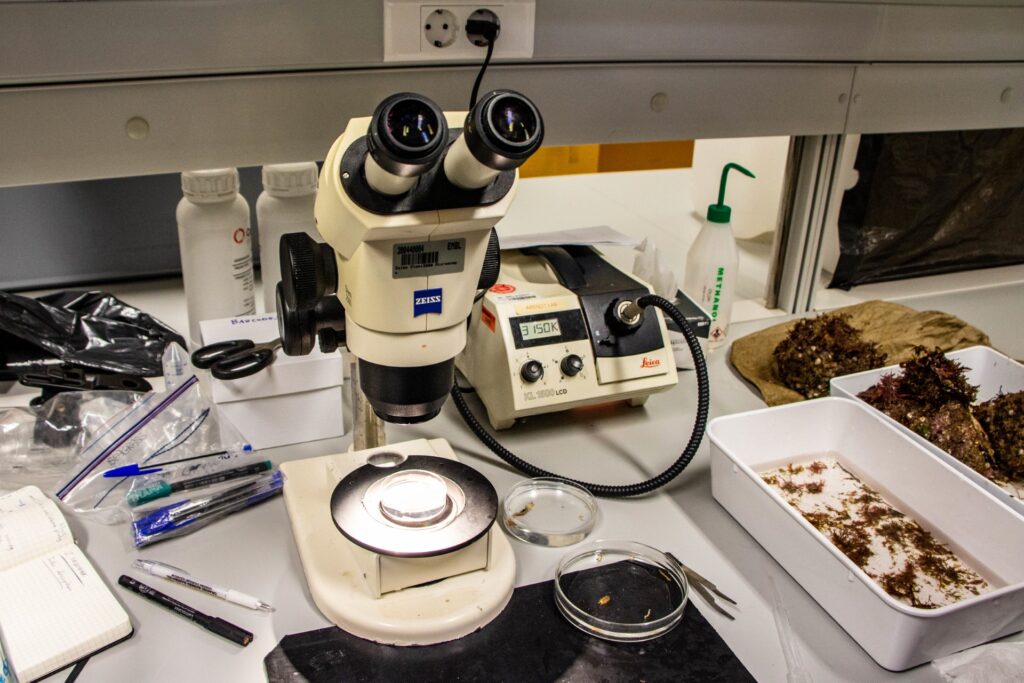
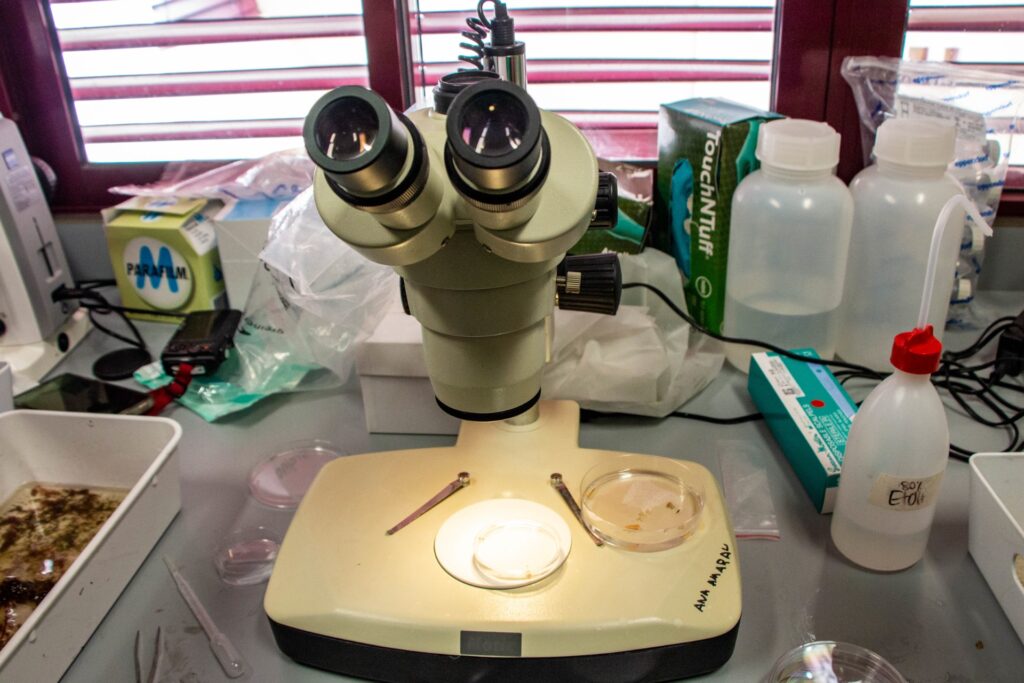
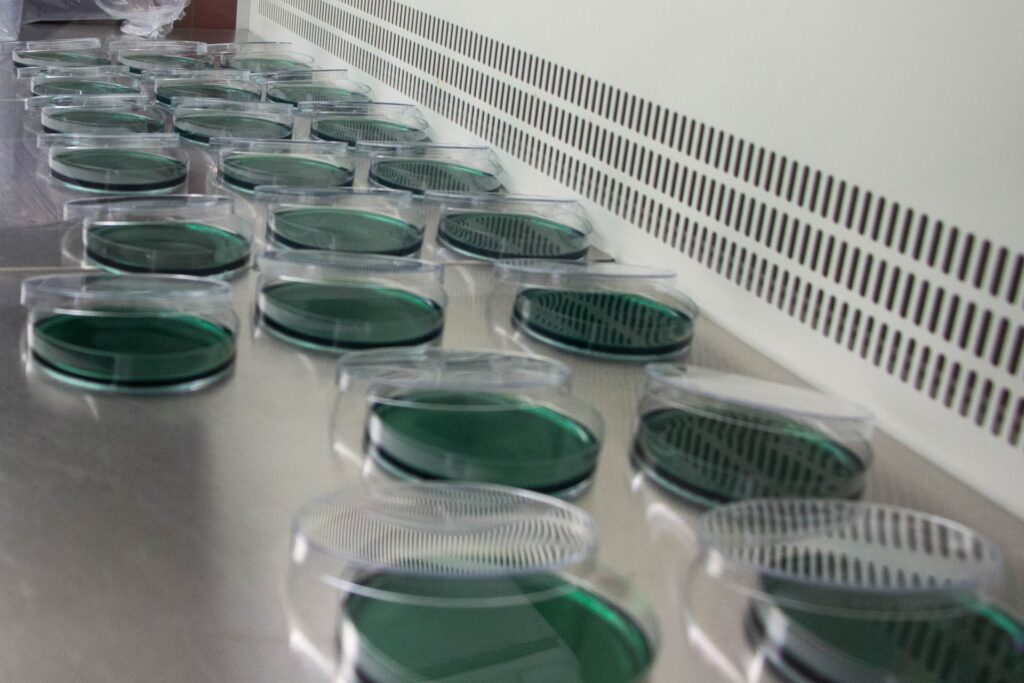
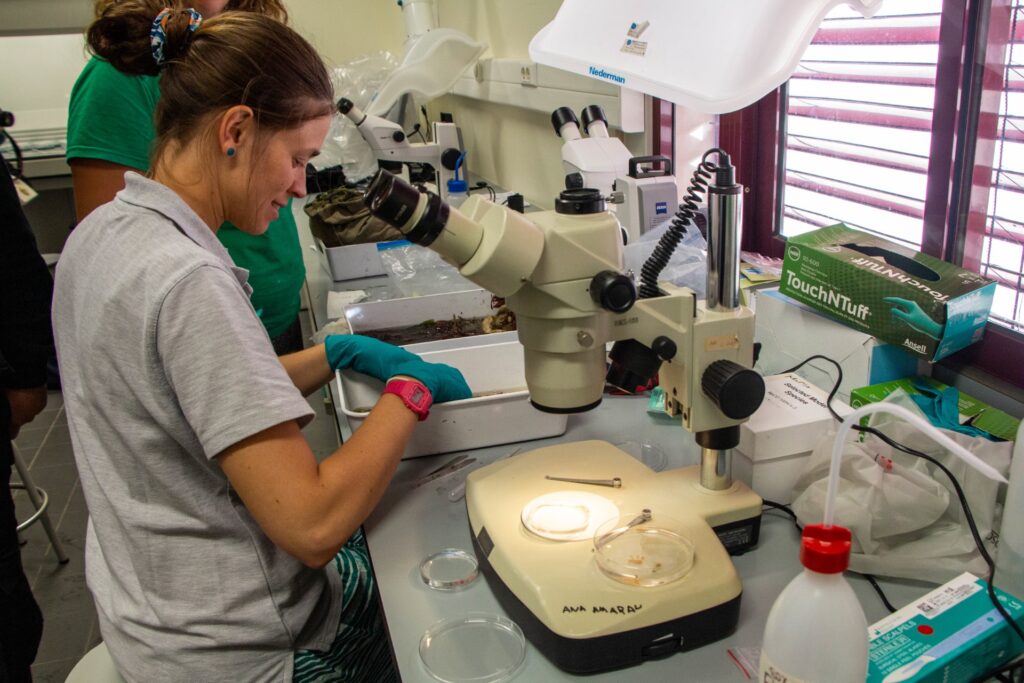
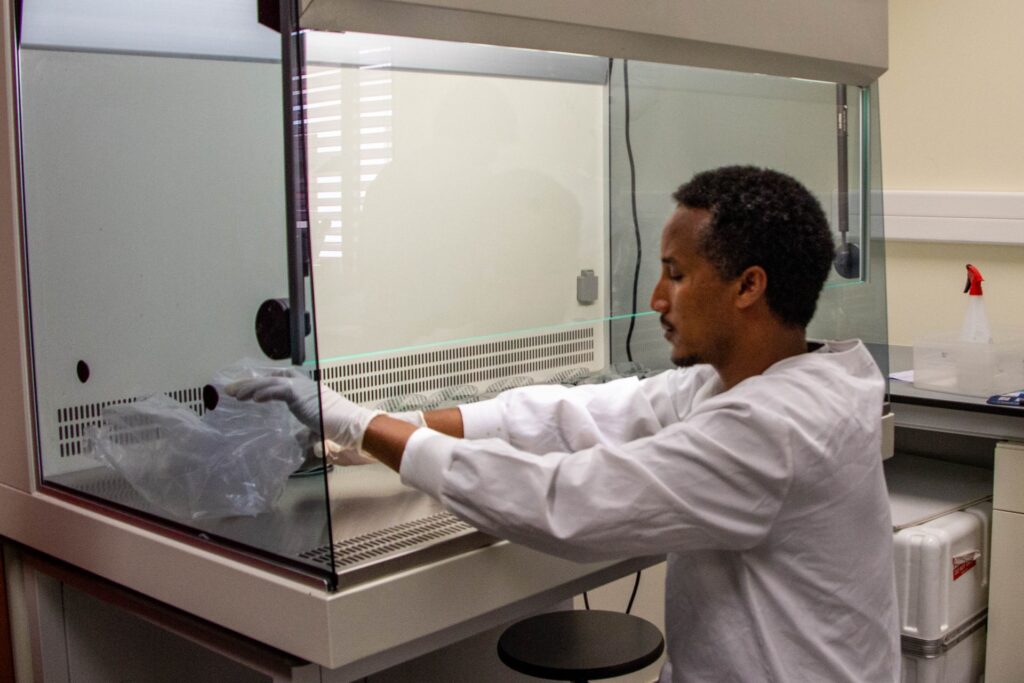


















Comments